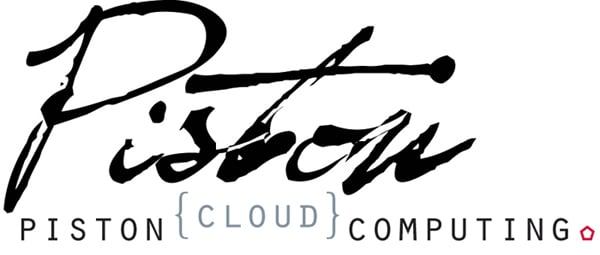
Cisco Invests 8m in Piston Cloud
February 7, 2013
Data Centers and Attorneys—We’re Here to Help
February 8, 2013VoIP phone systems are quietly emerging in the telecom marketplace. However, VoIP systems are internet based and therefore susceptible to malicious attack. How do you go about securing a VoIP phone system? More importantly, what types of malicious attack are VoIP systems susceptible to?
VoIP phone systems are quietly emerging in the telecom marketplace. However, VoIP systems are internet based and therefore susceptible to malicious attack. So, how do you go about securing your VoIP phone system? More importantly, what types of malicious attacks are VoIP systems susceptible to?
VoIP Security Explained
When VoIP systems were first introduced little concern was placed on security. But VoIP’s widespread adoption in the marketplace means an emphasis on security must be stressed. Security measures aren’t bulletproof but can seriously reduce the risk of DDoS attacks, service interruption and eavesdropping scenarios. Unsecured VoIP networks are also susceptible to spam, and, in some cases identity theft. So how can we prevent this?
Setup a Firewall
Most call centers rely on a VoIP dedicated server to route a high volume of incoming and outgoing calls. Therefore, it is important to install a firewall program between the VoIP dedicated server and the outside network. The firewall acts as a barrier and routes incoming and outgoing traffic accordingly. Advanced firewalls will detect and block suspicious data packets coming from IP addresses that may or may not be trying to inflict your system with a DDoS attack (denial of service). A load balancing server setup may also help out in this scenario. A DDoS attack bombards the telephone network with so many sudden service requests that it renders the entire system unavailable for a period of time.
Data Encryption
Call centers are transmitting confidential information over IP networks. Whenever data packets travel across the internet they can be intercepted by cyber thieves. Encryption makes it difficult for cyber thieves to read the data accurately. Once the encrypted data travels across a network it is converted back to its original code. IT professionals refer to encrypted data as “cipher text”. Non-encrypted data is referred to as “plain text”. Call centers that use a VoIP predicative dialer to place outgoing calls automatically must enforce some sort of border patrol to prevent network intrusion.
Words of Wisdom
Call centers must educated themselves on VoIP security. The livelihood of their business depends greatly on the performance and reliability of their network. Network firewalls and data encryption protocols reduce the risk of security breach and/or service interruptions. As stated earlier, no VoIP phone system is bulletproof, but employing routine assessments of your network and phone equipment will help to eliminate DDoS, eavesdropping and spam attacks. A multi-layered approach is necessary but if security measures are implemented correctly, call centers will become resilient to malicious attackers.

